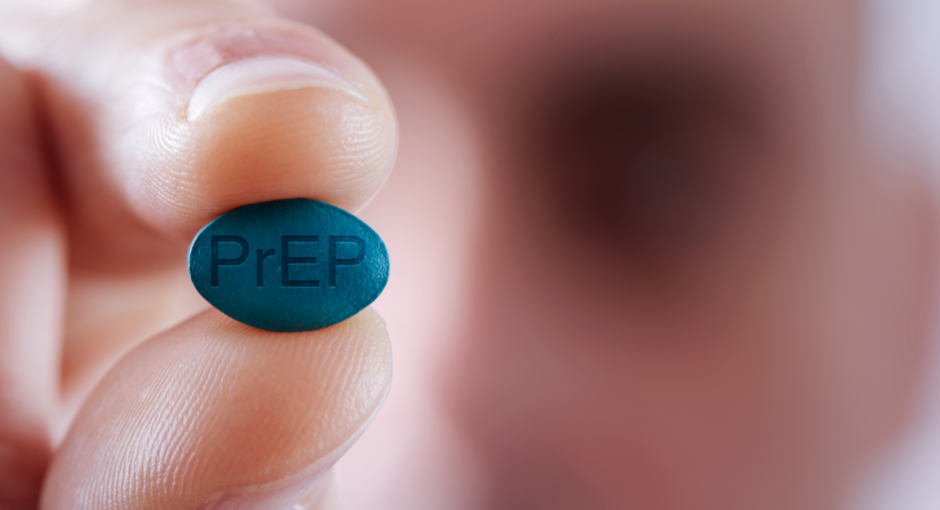Correction, Tuesday, May 25, 4:50 p.m. ET – Earlier today, we reported that the wholesale acquisition price for some of the generic PrEP products is now less than $30 per pill. The correct price is less than $30 per bottle. 340B Report regrets the error.
While an important drug’s introduction into the generic market is often celebrated by both providers and patients, generic pre-exposure prophylaxis drugs (PrEP) for patients at risk of contracting HIV could prove a financial disaster for some 340B covered entities.
The issues at play are the dramatic shrinkage in spread between what 340B covered entities pay for the generic version of PrEP drug Truvada and the usual and customary reimbursements paid to them by commercial insurers. The issue could also unwittingly undermine the use of generic prescriptions.
Teva Pharmaceuticals began distributing the first generic version of Truvada back in October.
Teva’s initial wholesale acquisition cost per pill was $48.51, about 21% lower than the brand version sold by Gilead Sciences. Covered entities under 340B receive a mandatory 23.1% discount off the average manufacturer price for PrEP drugs, as well as additional discounts tied to price increases that exceed inflation, not to mention patient assistance programs and other manufacturer rebates. Altogether, most covered entities pay between $400 and $500 a month to obtain a patient a supply of Truvada, but can recoup around $1,800 a month in reimbursement for each patient who has commercial insurance.
In late March, the generic Truvada market opened to all manufacturers (Teva had six months of market exclusivity on its generic version as part of a legal settlement it obtained from Gilead). At least seven additional manufacturers are now manufacturing and distributing generic versions of Truvada, according to Tim Horn, director of the health care access team at the National Alliance of State and Territorial Aids Directors (NASTAD).
The wholesale acquisition price for some of the generic PrEP products is now less than $30 per bottle. “That price point is almost unprecedented,” Horn says.
That monthly price point is approximately 98% below the list price of Gilead’s brand-name version. And while payer reimbursement rates for generic Truvada haven’t yet stabilized, the 340B program revenue spread can be expected to drop from approximately $1,400 per patient per month to single- or double-digit net savings in the coming months.
“From a cost containment standpoint, that’s tremendous progress,” Horn says. “But from a 340B price savings standpoint, that’s practically catastrophic.”
Commercial insurers are also favoring generic PrEP drugs, according to preliminary data compiled by NASTAD. That’s spurred not only by the lower acquisition costs, but a 2018 decision by the U.S. Preventive Services Task Force to apply A-grade designations to all PrEP drugs, meaning payers cannot impose cost-sharing on their enrollees.
“The change to the 340B program savings landscape where PrEP is involved—notably the pending shift in Gilead Science’s patient assistance program structure and payer preferences for low-cost generic products—is a significant source of concern to NASTAD’s members and their community partners,” Horn says.
Gilead has also mostly shifted its patient support programs toward its other PrEP product, Descovy. Gilead received FDA approval for that drug in 2019, under the premise it could be used by a small subset of patients who could not bear the side effects of Truvada. Despite the narrow market niche, Descovy has rapidly picked up market share. At least 38% of patients new to PrEP between October 2019 and last June were prescribed Descovy, according to data from the Centers for Disease Control and Prevention and presented at the recent Conference on Retroviruses and Opportunistic Infections.
“The perverse incentives that are, at least in part, driving 340B providers to prioritize Descovy, including for uninsured individuals via Gilead Sciences’ patient assistance program, are diminishing (the generic versions’) perceived value as an important addition to the prevention (resources) for people vulnerable to HIV infection,” Horn wrote in a recent article in Health Affairs Blog with health policy consultant Amy Killelea.


